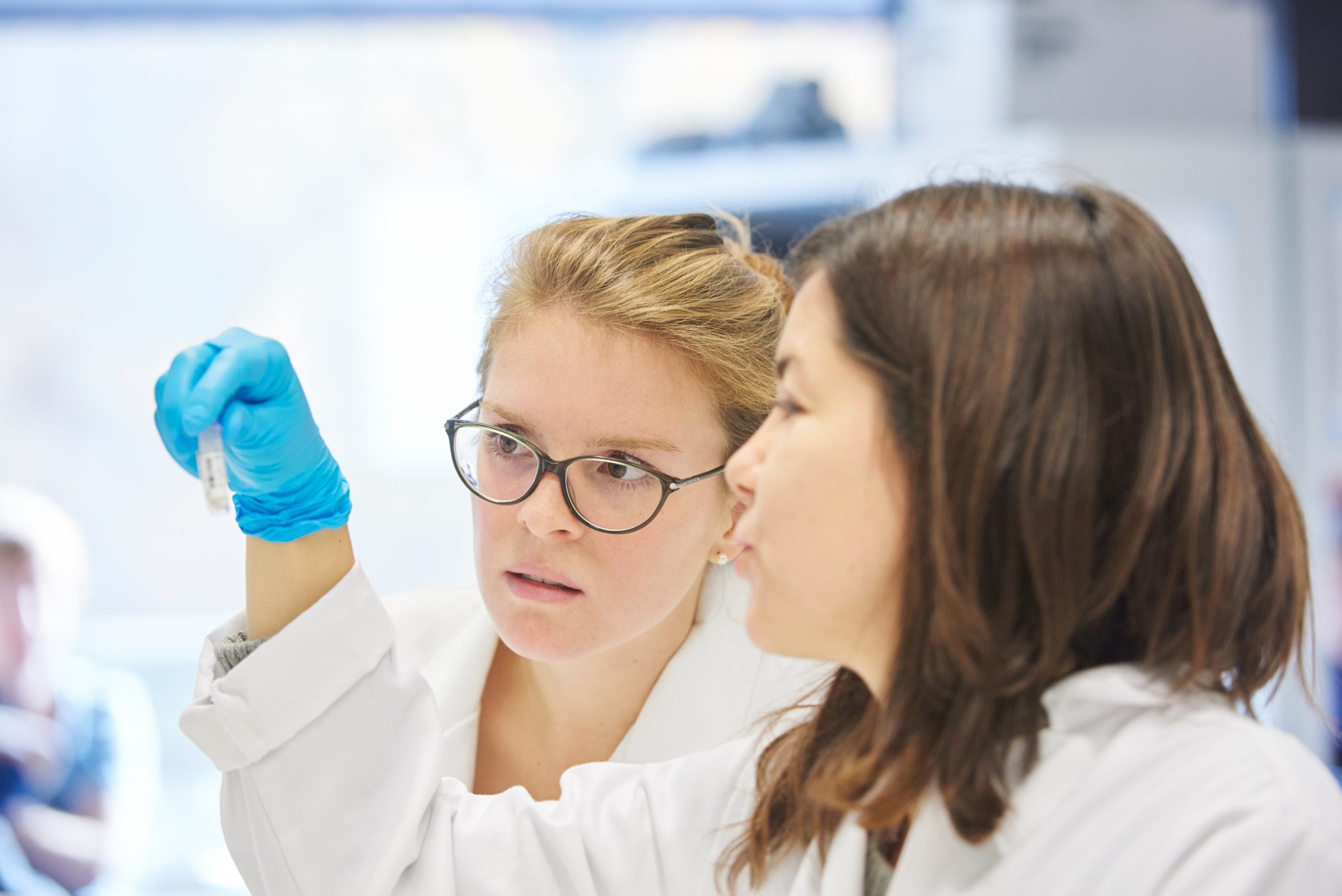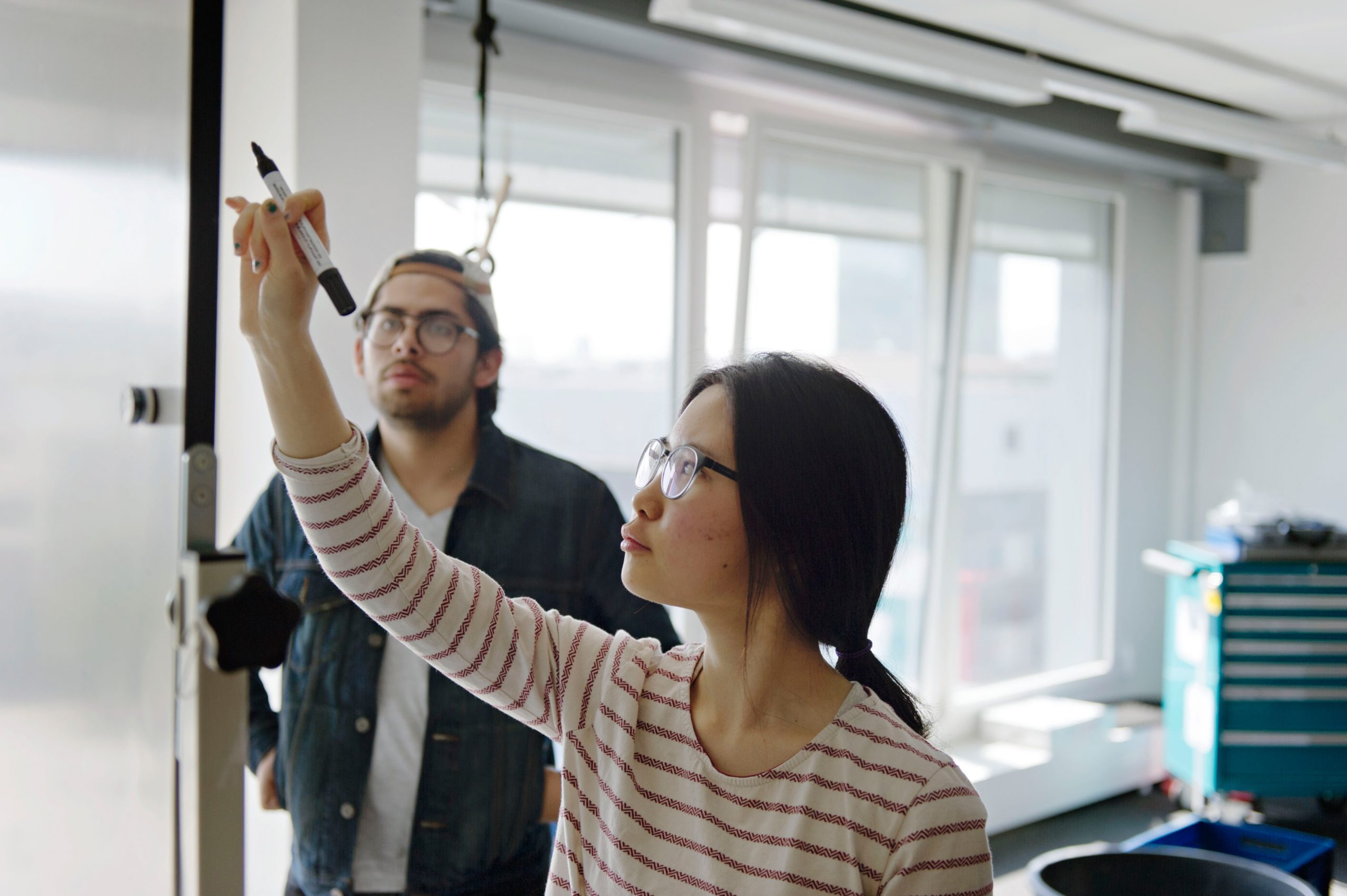You qualify for applying for this program if you are a female doctoral student in your 3rd year or above or a female postdoc in one of the six institutions of the ETH Domain during the entire time span of your mentoring project. During the period 2021-2024, Fix the Leaky Pipeline offers three runs of one-to-one mentoring. The 3rd run will start in spring semester 2023 and will last for one year.
What does the One-to-one mentoring offer?
The mentor will provide you with support and advice on career related issues like networking, career planning, work-life balance, career and family issues, funding questions etc. (see guidelines chapter below). Scientific questions are not in the core.
What is the difference between mentoring and coaching?
Commitment
Mentees commit to regular participation in the mentoring meetings (at least 5 meetings during the time of the mentoring program). The mentee is responsible for maintaining the mentoring relationship. She invests sufficient time in the mentoring project (approximately two hours per meeting, including preparation and participation in the Kick-off event and the intermediate event).
Application and assessment
The deadline for the call was January 9, 2023.
All candidates have to fill in the application form. Maximum 40 mentees will be selected by the Working Group for Equal Opportunities in the ETH Domain; candidates will receive confirmation of their selection during the 2nd half of March.
The assessment of acceptance of your application will be based on the quality and completeness of the application, your motivation and objectives, and the predicted positive impact of the mentoring for your career development.
Events - Save the Dates:
A kick-off event was organised on Tuesday May 2, 2023 to launch the program. You can find herewith the slides of the presentation.
An intermediate event was organised on Thursday October 5, 2023. Here you can find the slides of the presentation.
Participation in these two events is mandatory for the mentees and optional for mentors. Both events are held online.
How to find a suitable mentor?
A suitable mentor may come from academia (professor, senior scientist or group leader) or industry. She or he is a person who, at least for some aspects of her or his career path and experience, could be a role model for you. Your potential mentor may but does not have to work in the same field or in the same institution as you do. In any case, your mentor should not be your boss. You should also consider possible conflicts of interest if there is a (potential) situation of competition between you and a mentor.
You are encouraged to propose a potential mentor. This could be someone you have heard of, a person you met or saw at a conference, someone you have heard a speech or read an article from, a person you have identified through LinkedIn or by other means. You could ask your group members or colleagues for advice, and you should ask yourself questions like “what can I learn from this person”. If you do not have any suggestions, the project coordination will help you finding a mentor.
If you have identified (a) potential mentor(s), please indicate her/his/their name(s) in the application form. Once your application is accepted, the project coordination will officially contact the person.
Financial resources
Mentees are entitled to a financial contribution up to CHF 200.- for travel expenses incurred for mentoring meetings (original tickets needed).
Individual coaching session
FLP offers a limited number of one-hour individual coaching sessions to a reduced fee (CHF 50) with one of the coaches or trainers of the FLP program (see list below). This session can support you in your career planning process and help you reflect on your own situation. If you are interested, you can apply via this application form.
Guidelines
You can download the mentoring guidelines here.




